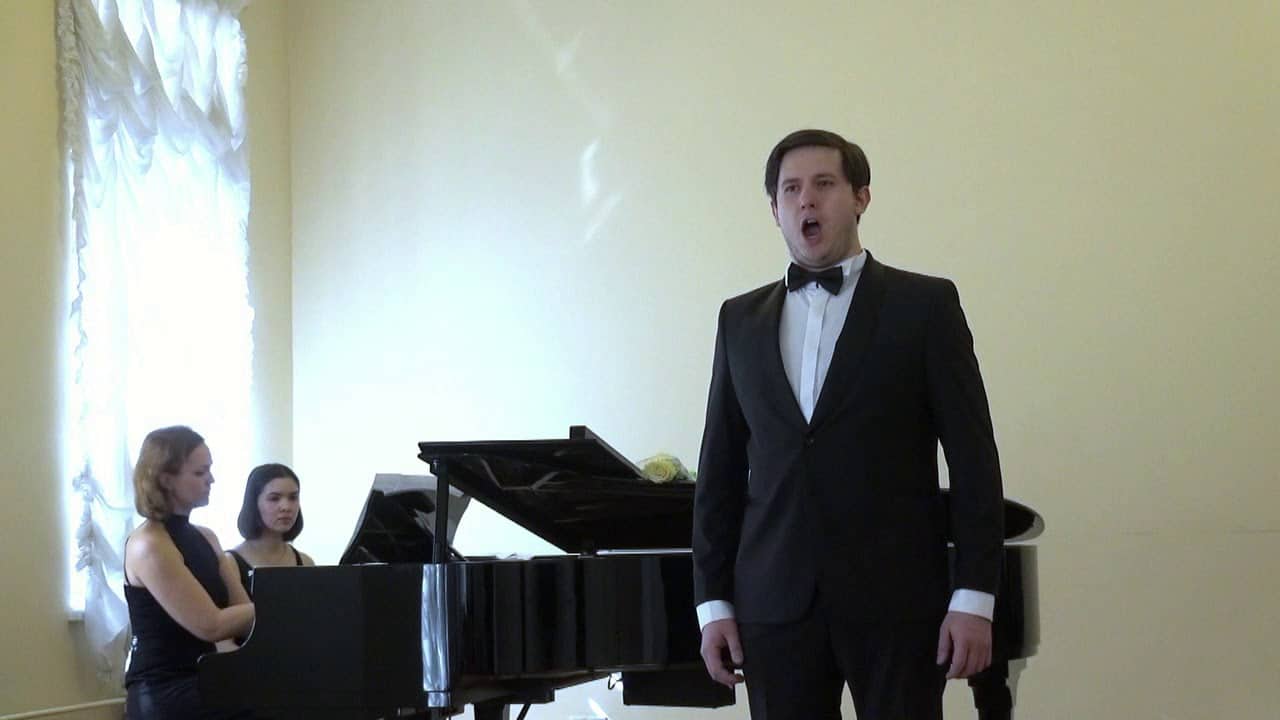Sound the trumpets: NY Times has new classical editor
NewsDance editor Rachel Saltz will take on the classical music portfolio as well.
Rachel grew up in San Diego and studied South Asian languages and civilizations at the University of Chicago. She attended film school at Columbia University, where her short film, “Gold Mountain,” about Chinese laundrymen in New York in the early 1900s, won a student Academy Award. During her film school years, she spent many nights at Film Forum and at the Metropolitan Opera in the fourth ring.
Before joining The Times in 2003, Rachel worked at Sports Illustrated, Essence magazine and the Daily Racing Form. At The Times, she started on the Sports desk as a copy editor and came to Culture in 2004, where for several years she was the daily books editor, working with the critics and editing book features and news. While on Culture, she has written theater and movie reviews, with a special interest in Bollywood.






Didn’t they just announce Zachary Wolfe for the job?
She certainly seems versatile.
My initial thought was that someone from Dance would be a good choice, because I know, as a former dance writer and editor, how hard we had to fight for space in papers and magazines. But I read on in the press release and realised that she has bought into the woke climate at NYT: “As the dance editor, Rachel has worked closely with the critics, reporters and photo editors to expand the scope of the paper’s coverage — to find dance where it lives, not just on the concert stage…”
I’m all for dance at every corner, and will certainly stop to admire good break-dancing. But in the newspapers that survive I WANT to hear a lot more about dance on the concert stage than in the street. Strictly Come Dancing has its place, but I do not think it is on the very limited arts pages.
Still, let’s wait and see how she does.
Good luck to Rachel. She brings a wide range of the arts to her pen, and it is especially gratifying to see the continuation of arts coverage at the Times.
Her Sports Illustrated background should be especially helpful if an orchestra is playing “Skater’s Waltz,” or “The Fencing Master” from ‘Le Bourgeois Gentilhomme,’ or maybe Michael Torke’s “Javelin.”
For the Daily Racing Form, don’t forget William Bolcolm’s “Seattle Slew.” Yikes!
What a terrible cv for the NY Times classical critic. NO wonder no one with any intelligence reads the Times anymore.
Spot on.
It’s like the NYT appointing one of its book critics to be one of its new restaurant critics because … she eats 3 meals a day.
Frank Bruni, the Times’s well-regarded restaurant critic from 2004–9, did not have a professional background in food. Rather, he was an English major in college and wrote on war, politics, and a range of other subjects before being given the restaurant beat. So your suggestion is not as silly as it sounds.
I participated in an institute for music critics many years ago, in which the Times’s Harold Schonberg was teaching. He had the unusual, but defensible, notion that a music critic was a journalist first, and would benefit from a stint on the police beat or covering local politics to develop the classic skills of newspaper reporting and writing. I’m not surprised that the Times continues with this attitude.
That cv statement reads like a parody!
Her experience at the Daily Racing Form will be an excellent background for evaluating piano competitions.
Woohoo, victory for diversity. She STUDIED Asians.
A for effort for the NYT classical music department.
So someone with zero background in dance and music
That sounds as an ideal person! No background in all that old fogey stuff, with that Beethoven and Mahler thingy. And she is a woman, what more do we want?!
Sally
Pardon me but where is the expertise on classical music? Bollywood? Is this a joke?
But is she of the correct colour and gender? Please get your priorities in order!!!
Essence Magazine, Sports Illustrated, how does this relate to classical music?
Maybe she knows a lot about “classical rock”.
Oh, my. That will be interesting.
Ha ha ha, the NY times, what a sick, sorry joke.
Does this mean Saltz is a generalist who knows a little about a lot of things, but not much about classical music? Western classical music to be precise, because south Asian classical music is not her new purview.
Well, while it’s excellent news that the NY Times has now appointed a new classical editor, Rachel Saltz, I wonder how much she knows about classical music and opera. The short bio notes mentioned neither.
I fail to see her qualifications for becoming a Classical music editor. Although, the Daily Racing Form has a strong connection to many orchestral members, it’s probably not much help in reviewing the music
Not Hugh Kerr MEP?
NYT: no confidence left unless you are far, far left, and then confidence is just a social construction.
So glad one of the biggest news outlets in the country hired someone without any music experience to be their classical music editor. Two thumbs up!
I’m sure Ms Salz will do fine in her new position. At least she cannot display the dislike of Lorin Maazel that ran through the department like they were a group of plotting zealots when he was the music director of the Philharmonic.
The Philharmonic has great players and when they get a music director that can communicate with them and has audience appeal at the same time this orchestra will again take a seat at the big boy table of classical music. There is only one conductor around that I can think of that fits the bill. You know who it is as well.
I read all of your comments and it would appear that:
1. Many of you didn’t read the original article. https://www.nytco.com/press/rachel-saltz-is-our-new-classical-music-and-dance-editor/
and
2. Many of you don’t know what an Editor actually does. (An editor is not the reporter, writer or critic. They are the person that makes those assignments to the reporters/critics/writers and then EDITS those materials.)
Editor’s Job Description
Editors often work for print publications, websites or a combination of both. Though the role of an editor will vary based on the company and what type of medium they work with, editors often develop content ideas and assign stories to writers. They also read content submissions, editing for spelling, punctuation and grammar. Editors must also verify facts and determine if a manuscript or article is ready for publication, then approve final versions. In a print publication, an editor might also work with an art director to decide on layouts and send the pages to press.
If you are right then all editors should be replaced with robots.
If editors are just jack-of-all-trade grammarians, why mention her arts background at all, just say she has memorized the Chicago Manual of Style, internalized Strunk and White’s Elements of Style, and is an expert on using Microsoft spellcheck.
No one in New York City. I repeat, no one in New York City reads the classical music reviews with any sense of seriousness, if they read them at all. Wasted news print.
Her resume speaks volumes about what classical music criticism means today:
1) It is not something that requires formal training or studies.
2) It is not something that requires life-long experience to acquire and to hone.
3) It is not something that requires demonstrably heightened cultural and artistic sensibility that is beyond that of most classical music lovers (who afterall will be the few sole readers of classical music criticism).
It seems to require only that one has gotten annual subscriptions to the various halls at Lincoln Center.
If classical music criticism is just thoughts from a diligent concert goer, I might as well just listen to the chatter around me during intermission.
I also wondered about Ms. Saltz’s lack of classical music experience, but her background reminds me of Neville Cardus, who wrote about cricket and classical music in the Manchester Guardian for many years.
https://en.wikipedia.org/wiki/Neville_Cardus